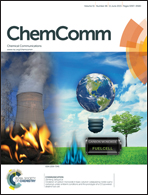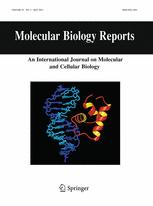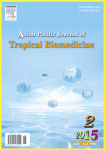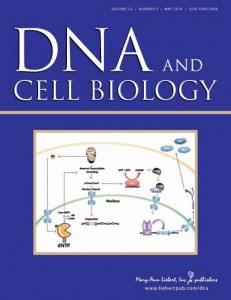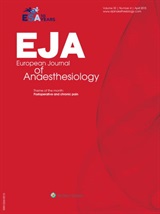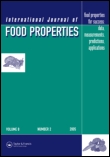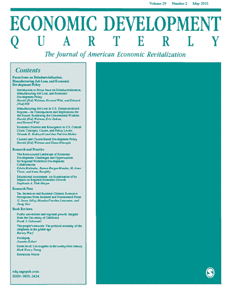 An economist in Taiwan has retracted a paper about from Economic Development Quarterly because it was “published in error.”
An economist in Taiwan has retracted a paper about from Economic Development Quarterly because it was “published in error.”
The paper — first published online March 5, 2013 — addresses the influence of information and communication technology on economic growth.
According to the notice, the paper included “the original dataset and excerpts from an earlier draft of the paper co-written by the author and colleagues.” The only listed author, Yi-Chia Wang, asked that the article be retracted before making it into print, but it looks like it was included in the February, 2015 issue of the journal.
Here’s the notice for “How ICT Penetration Influences Productivity Growth: Evidence From 17 OECD Countries”: Continue reading “This article was published in error”: Economics paper defaults
